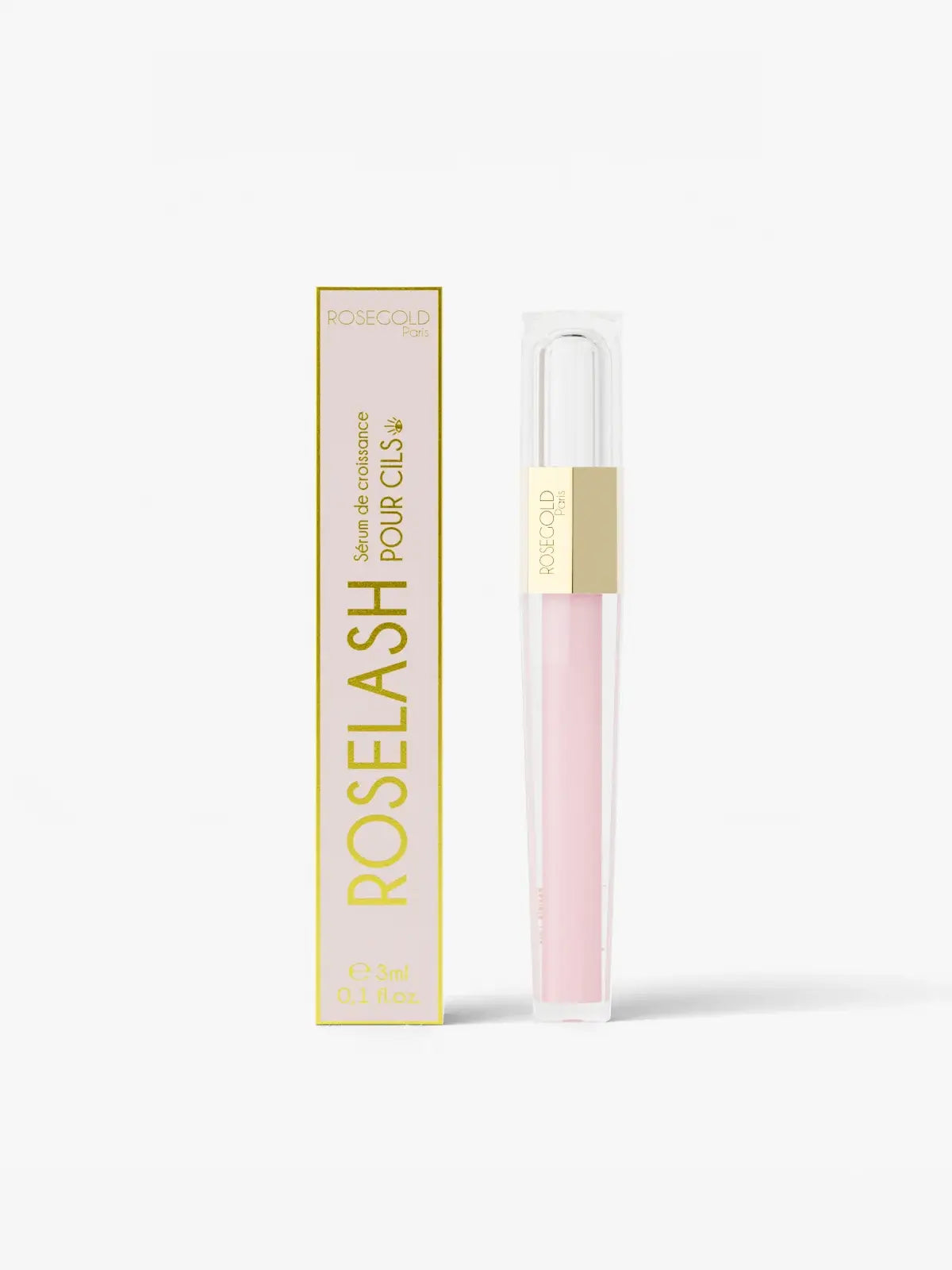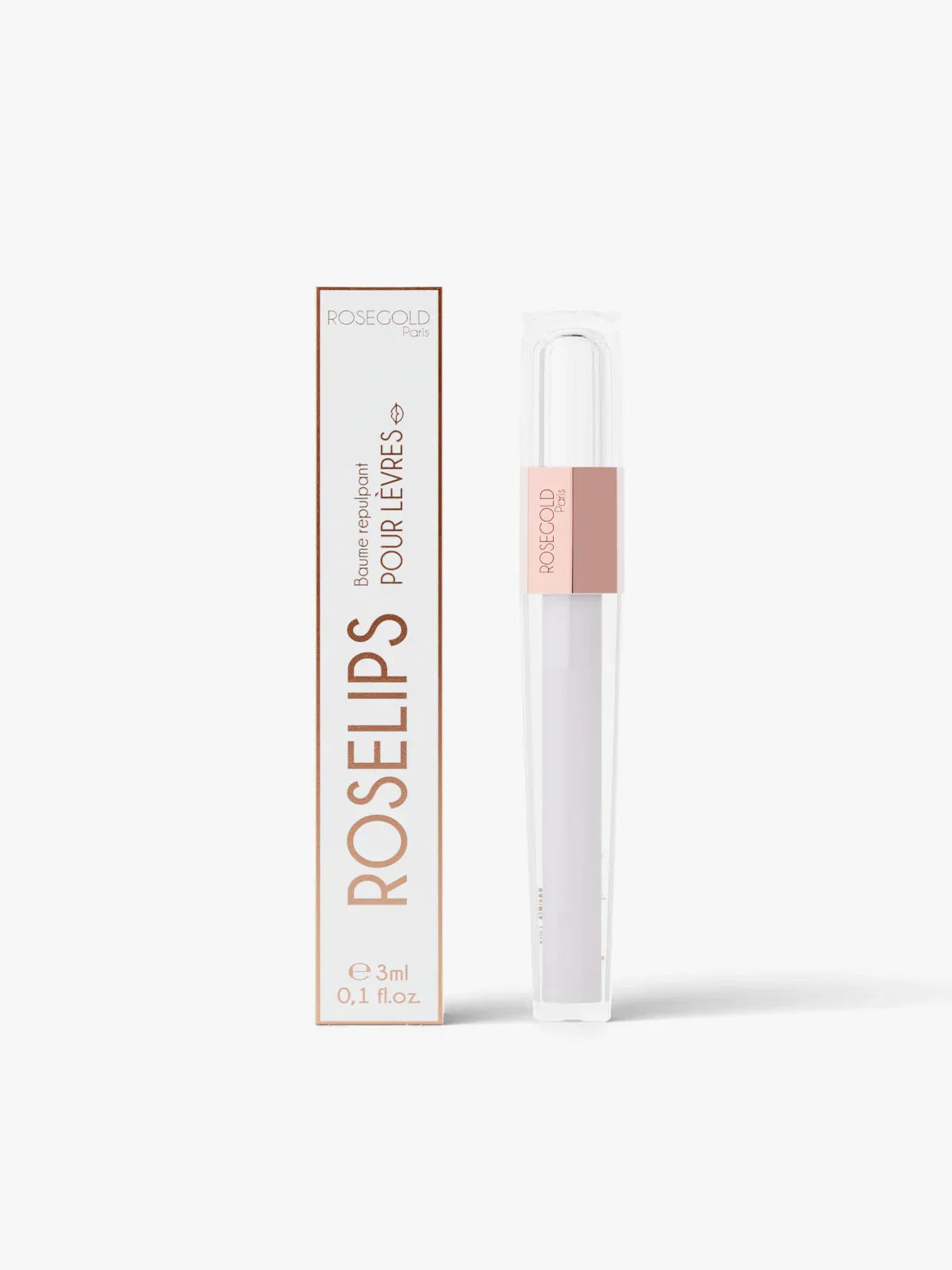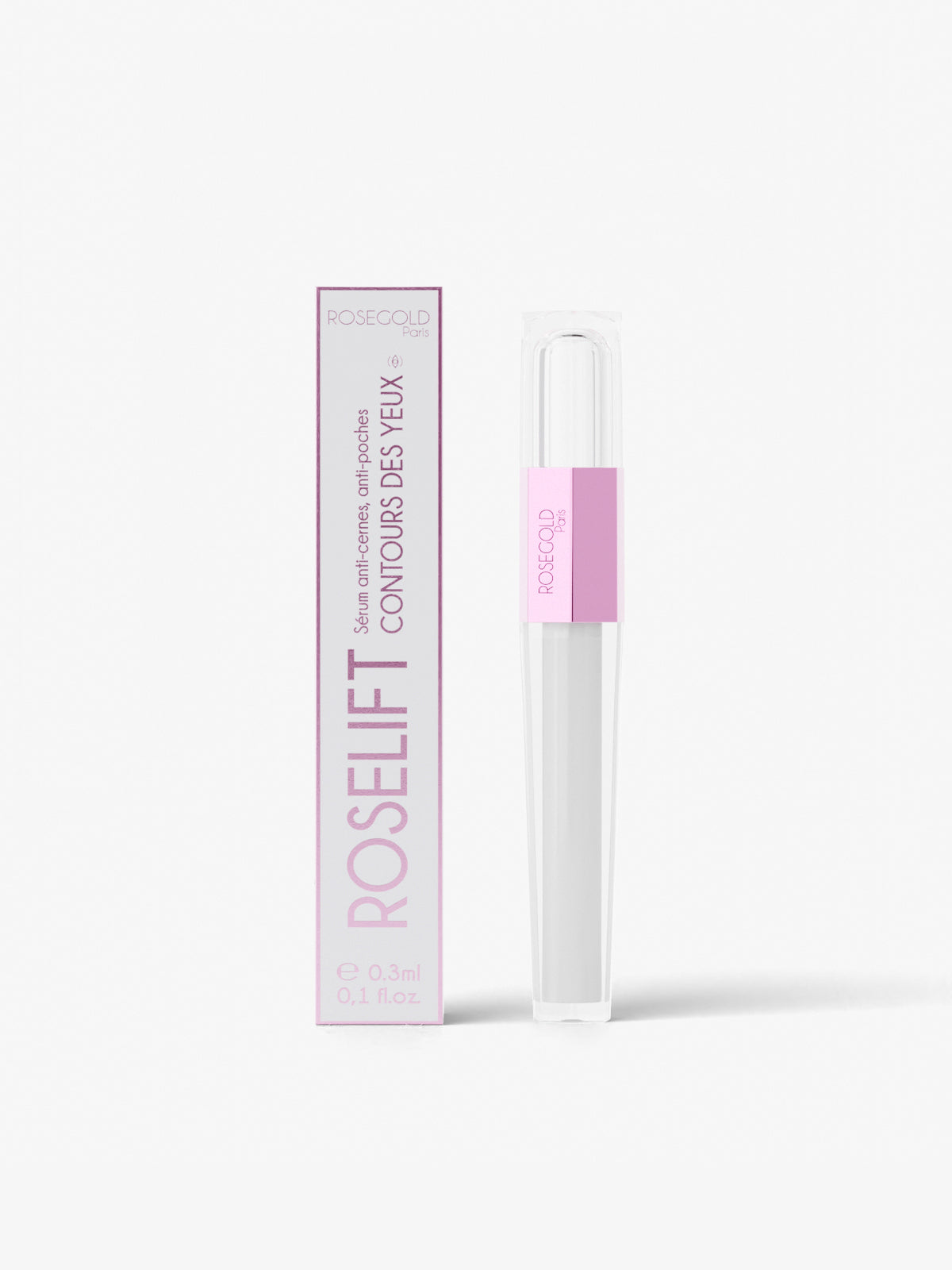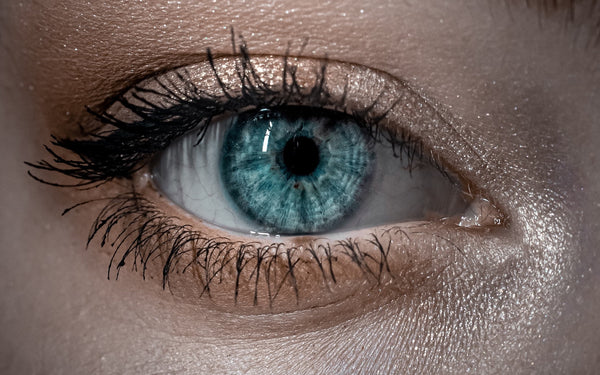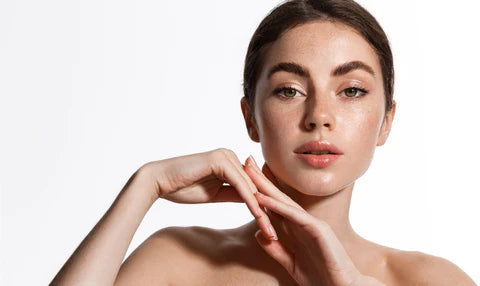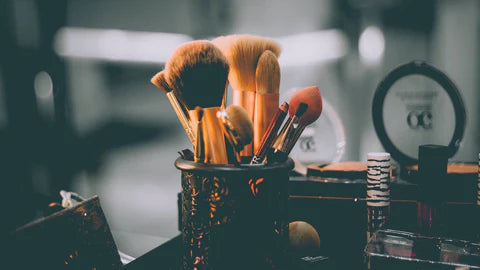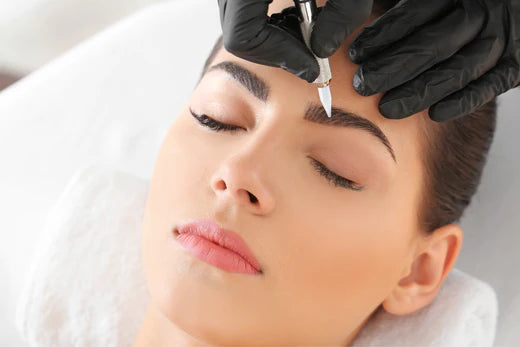
How to soothe your skin from a fatal sunburn? To preserve your skin and your youth capital, this is the tip you absolutely must have in your tip box before heading out to enjoy the summer sun...
Remettons les choses dans leur contexte, un coup de soleil est une brûlure de la peau causée par une exposition excessive aux rayons ultraviolets (UV) du soleil. Lorsque la peau est exposée au soleil sans protection adéquate et durant une période prolongée, les rayons UV et UVB endommagent progressivement les cellules de la peau, c'est ce qui entraîne une inflammation douloureuse de la surface de l'épiderme : le coup de soleil. Les symptômes courants d'un coup de soleil sont assez révélateurs, on remarque d'abord une peau rouge et une sensation de chaleur plus ou moins importante, des démangeaisons... Il peut aussi survenir des cloques (puis la peau pèle), des douleurs et une sensibilité accrue selon le degré d'intensité du dit coup de soleil. Dans des cas plus graves, des symptômes tels que des nausées, des frissons, de la fièvre et des maux de tête peuvent également se manifester...
Découvrez notre baume à lèvres
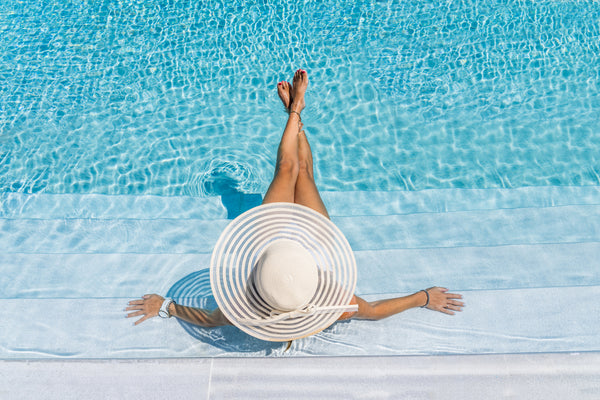
Quelles précautions prendre pour éviter le coup de soleil ?
Pour éviter la catastrophe du coup de soleil, il est essentiel de prendre des mesures. Comment ? En limitant l'exposition solaire directe, en utilisant une protection solaire adéquate comme la crème solaire* avec un fort SPF (adapter selon son type de peau), mais aussi en optant pour le port de vêtements et d'accessoires protecteurs, comme les chapeaux, les casquettes, les lunettes de soleil ... En évitant les heures de pointe lorsque les rayons UVA sont les plus intenses (généralement entre 10h et 16h en été).
Il peut toutefois arriver que l'on profite un peu trop de l'astre géant sans prendre les précautions nécessaires, l'erreur est humaine, et heureusement il existe des solutions pour apaiser le coup de soleil et éviter la ruine de votre été.
Découvrez quelle crème solaire choisir* pour une meilleure efficacité
Les astuces de grand-mère pour calmer un coup de soleil
Rien ne vaut le savoir des anciens, surtout lorsqu'il s'agit de prendre soin de soi ! Les astuces de grand-mères sont toujours un succès pour aider à un quotidien plus doux, et elles ne manquent pas de faire leur effet lorsqu'il est question de calmer les brûlures superficielles dues aux coups de soleil.
La magie du yaourt
Appliquer du yaourt ! Le yaourt nature, frais et non sucré, peut être appliqué sur la peau en couche épaisse pour soulager les coups de soleil. Sa fraîcheur et les propriétés apaisantes de sa composition peuvent aider à réduire l'inflammation de degré superficiel et à calmer la peau.
L'efficacité du concombre
Utiliser du concombre. C'est magique ! Les rondelles de concombre frais peuvent se placer sur les zones affectées par les coups de soleil. Le concombre a des propriétés rafraîchissantes et hydratantes, c'est ce qui peut aider à soulager les brûlures et l'inconfort.
Prendre un bain... d'avoine
Prendre un bain frais infusé à l'avoine peut grandement aider à calmer les coups de soleil. Ajoutez de la farine d'avoine colloïdale (disponible en pharmacie) à un bain frais pour apaiser la peau et à réduire les démangeaisons associées aux coups de soleil.
L'indétrônable Aloe Vera
Appliquez du gel d'aloe vera en cataplasme directement sur la peau pour apaiser les coups de soleil. Le mieux reste d'extraire le gel de la plante mais si aucune pousse d'aloe vera n'est à votre disposition, vous pouvez opter pour un gel cosmétique pur et bio. Les propriétés anti-inflammatoires et hydratantes de l'aloe vera font des miracles sur la peau et aident à soulager l'inconfort mais lorsque le coup de soleil est important et touche la peau à un degré profond.
Le vinaigre de cidre, un bon allié
Cela peut étonner, voire faire peur mais utiliser du vinaigre de cidre serait un bon allié pour apaiser les coups de soleil. Diluez du vinaigre de cidre dans de l'eau fraîche et appliquez le délicatement sur la peau pour aider à soulager les coups de soleil. Le vinaigre de cidre a des propriétés anti-inflammatoires et il aide à équilibrer le pH de la peau !
Découvrez notre baume à lèvres

Comment gérer l'après coup de soleil ?
Pour préserver la peau et l'aider à cicatriser d'un méchant (ou pas) coup de soleil, il faut impérativement lui apporter le soin nécessaire après coup.
Hydrater la peau
Les coups de soleil entraînent automatiquement une déshydratation de la peau. Il est donc primordial de l'hydrater régulièrement et abondamment pour favoriser la cicatrisation. Utilisez des crèmes réparatrices (ultra riches), des lotions hydratantes douces et non parfumées, de l'huile végétale sans parfums ou encore des beurres naturels comme le beurre de mangue ou le beurre de karité, pour apaiser la peau. Si votre coup de soleil se trouve sur le visage (ce qui est fréquent) ne négligez pas le soin des lèvres. Avec le nez ce sont les zones les plus susceptibles de souffrir ! Appliquez un baume à lèvres quotidiennement pour résorber l'inflammation.
Éviter d'irriter la peau
On ne gratte ni ne perce les cloques qui se forment après un coup de soleil. Les cloques constituent en vérité une protection naturelle pour la peau lorsque celle-ci est agressée par un coup de soleil. Les percer peut augmenter le risque d'infection ! Laissez-les se résorber d'elles-mêmes, c'est la nature qui fait son travail.
Appliquez des compresses fraîches
Utilisez des compresses d'eau froide ou des lingettes humides pour soulager la chaleur et l'inconfort causé par les coups de soleil. En revanche évitez les compresses glacées, car elles peuvent aggraver les dommages cutanés en causant un chaud/froid trop brutal.
Utilisez des produits apaisants
En plus de l'hydratation, appliquez des produits spécifiques conçus pour apaiser et réparer la peau après un coup de soleil. Les gels ou les lotions contenant de l'aloe vera, de la camomille ou de la vitamine E aux vertus apaisantes peuvent être d'une grande aide pour calmer l'inflammation et à favoriser la guérison.
Découvrez notre baume à lèvres
Comment éviter la peau qui pèle après un coup de soleil ?
Pour éviter la desquamation de la peau après avoir été agressée par un coup de soleil, voici quelques bons conseils à mettre en pratique :
1 - Évitez de gratter ou de tirer sur la peau : Résistez à l'envie de gratter ou de tirer sur la peau qui pèle, car cela risque d'aggraver les dommages cutanés et de prolonger la desquamation. Laissez la peau se détacher naturellement et surtout hydratez là intensément (comme expliqué plus haut, c'est primordial).
2 - Prenez des bains ou des douches tièdes : L'eau chaude peut aggraver la desquamation de la peau. Optez pour des bains ou des douches tièdes afin de préserver l'hydratation de la peau et de minimiser la desquamation.
3 - Évitez l'exposition supplémentaire au soleil : Protégez la peau qui pèle en évitant toute exposition aux rayons du soleil (même minime). Les rayons UV peuvent aggraver la desquamation et retarder la guérison. Utilisez des vêtements protecteurs, un chapeau et une crème solaire à large spectre si vous devez sortir.
4 - Hydratez vous de l'intérieur : Assurez-vous de boire suffisamment d'eau pour maintenir une bonne hydratation de la peau de l'intérieur. Une hydratation adéquate favorise la santé et la résilience de la peau. Buvez de l'eau, des tisanes fraîches, du thé et mangez tout un tas de fruits riches en eau.
Notez que la desquamation de la peau après un coup de soleil est un processus naturel de renouvellement de la peau. Cependant, si la desquamation est très étendue, douloureuse ou persiste après une longue période, il est recommandé de consulter un professionnel de la santé pour une évaluation plus approfondie...
